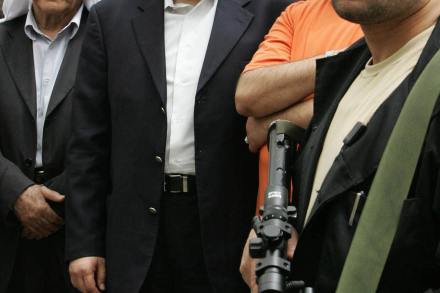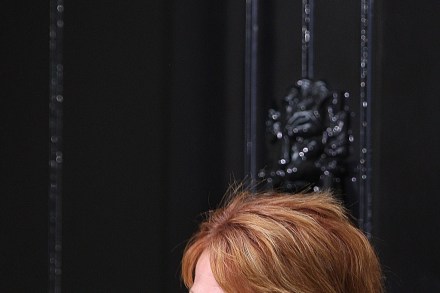An opportunity to fix the broken society
When trying to understand the impact of events like the shooting of Rhys Jones, turn to the tabloids. Their readers are the ones who suffer from the “broken society” and are most at risk from the violent crime epidemic and think “it could be my son next”. The Sun is at its best today. It declares in a superb page long editorial that this is the time for a fundamental rethink. In the Daily Mail, Iain Duncan Smith provides a compelling analysis. Social breakdown, the putrid oases of deprivation in a booming Britain, has been nurtured by Labour policies. The Sun is using David Cameron’s phrase “anarchy in the UK” to










